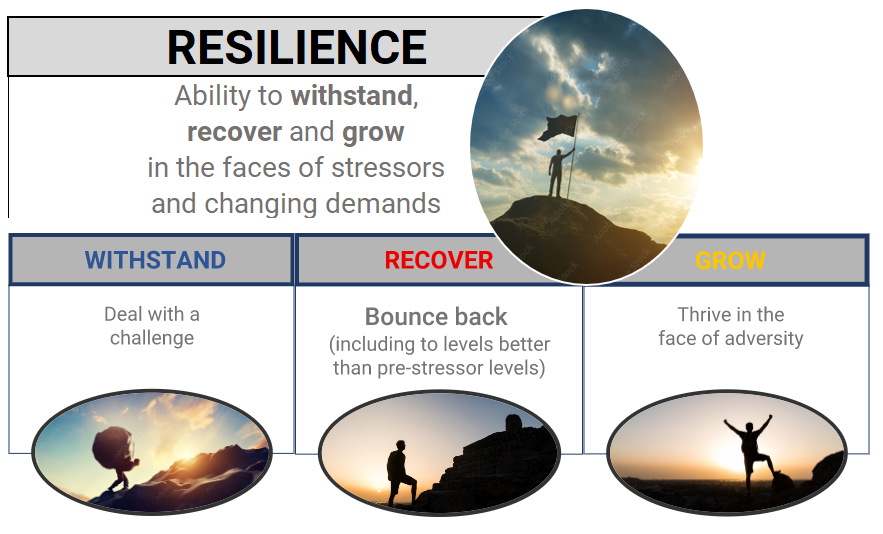Resilience
Touch of Care
“What is Resilience?”
- Psychologists define resilience as, “the process of adapting well in the face of adversity, trauma, tragedy, threats, or significant sources of stress.”[84]
- Refers to how well you can deal with and bounce back from the difficulties of life[85]
- Resilience is not necessarily a skill but a way of living. It combats the way you turn any stressful situation into positivity and reflection of the good instead of
bad. Even if you are sensitive to life difficulties and face many challenges you transform that journey into self-healing and awareness[86] - Resilience is that ineffable quality that allows some people to be knocked down by life and come back stronger than ever. Rather than letting failure overcome them and drain their resolve, they find a way to rise from the ashes.”[94]
“How is it Going to Benefit me?”

Mental Wellbeing

“What do I need to do?”
“I have not failed. I’ve just found 10,000 ways that won’t work.” ― Thomas A. Edison



